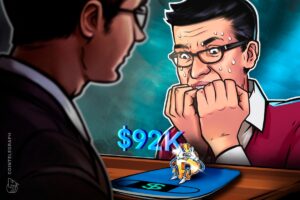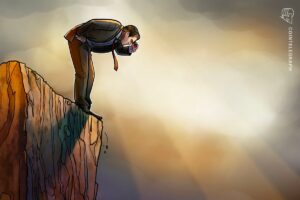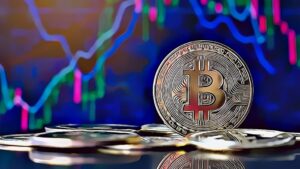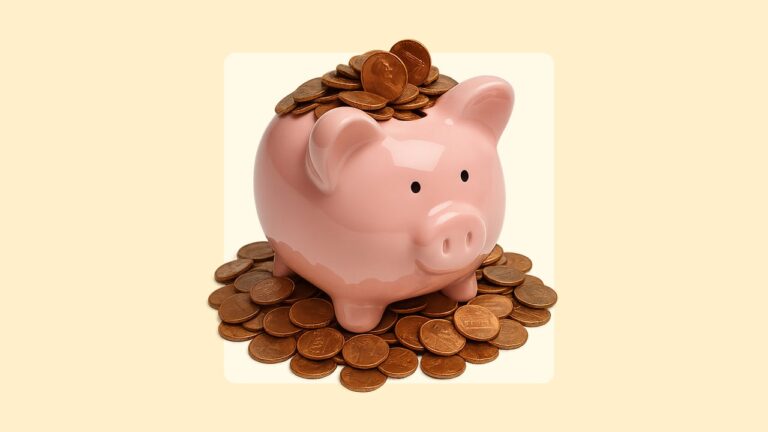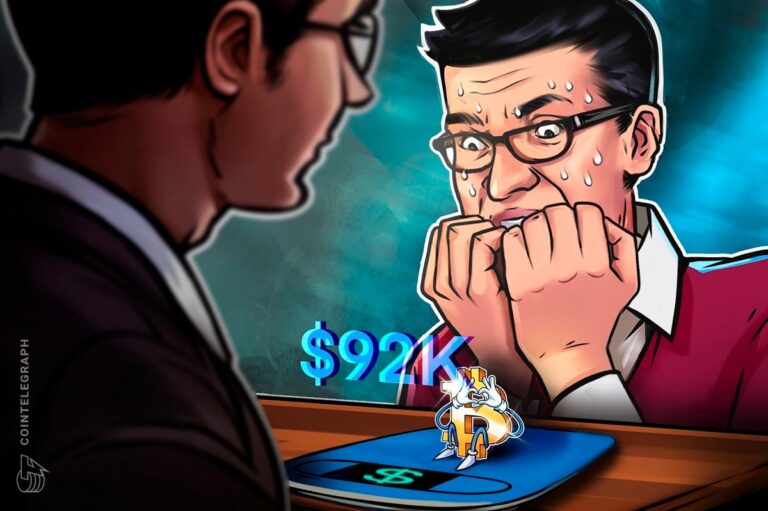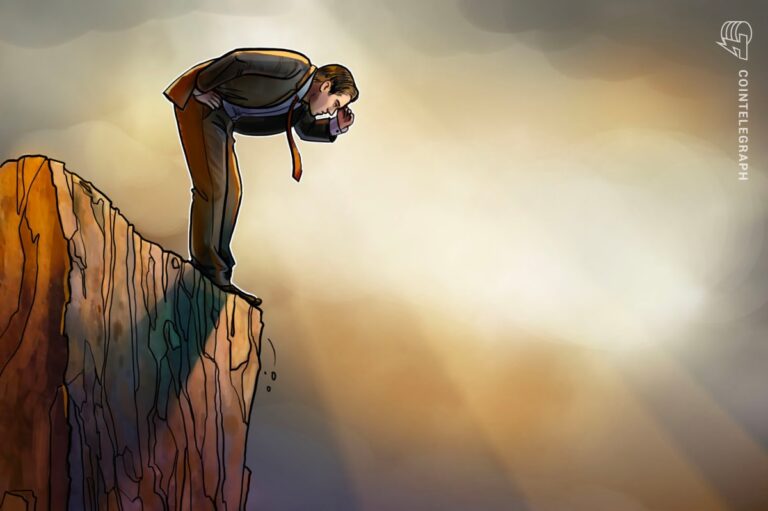Beijing (Brussels Morning Newspaper) – Speaking on Wednesday, Lin Jian, the spokesperson for China’s foreign ministry, denied EU Commission President Ursula von der Leyen’s remarks on China’s “pattern of dominance, dependency and blackmail” and charges that it uses its “quasi-monopoly” of rare earths to “undermine competitors in key industries.”
How did China respond to Von der Leyen’s comments?Why did von der Leyen criticise China’s trade conduct?
Just a day ago, during the G7 summit, Ursula von der Leyen stated that the root of the “greatest collective problem” in the global trading system can be traced back to China’s entry into the World Trade Organisation in 2001. She also criticised Beijing for continuing a “pattern of dominance, dependency and blackmail” towards its trading partners.
Chinese Foreign Ministry spokesperson Lin Jian said her comments
“disregard facts and are riddled with bias and double standards. China expresses strong dissatisfaction and firm opposition.”
He also argued that the
“so-called overcapacity narrative is essentially due to related countries’ concerns about their competitiveness and market share, using it as an excuse to implement protectionist measures.”
He maintained that Beijing will continue to offer EU businesses broad market access and growth opportunities, and remains willing to enhance communication and coordination with the European Union.
Why did von der Leyen criticise China’s trade conduct?
Using language that seemed to be tailored to Donald Trump’s agenda, Ursula von der Leyen used her participation in the G7 summit in Kananaskis, Canada, to warn against a “new China shock” and condemn Beijing for continuing what she described as a “pattern of dominance, dependency, and blackmail” with regard to its trading partners.
“China is using this quasi-monopoly not only as a bargaining chip, but also weaponising it to undermine competitors in key industries,”
The president of the European Commission said during one of the meeting’s thematic sessions.
“We all witnessed the cost and consequences of China’s coercion through export restrictions,”
She also mentioned, referring to China’s recent actions to restrict sales of seven types of rare earth minerals, a situation the European Union had described as “alarming”.
She also criticised China for overwhelming global markets with subsidised overcapacity that its own market cannot absorb, citing the dispute over China-made electric vehicles that her EU Commission believes are artificially priced lower.
Brussels Morning is a daily online newspaper based in Belgium. BM publishes unique and independent coverage on international and European affairs. With a Europe-wide perspective, BM covers policies and politics of the EU, significant Member State developments, and looks at the international agenda with a European perspective.


